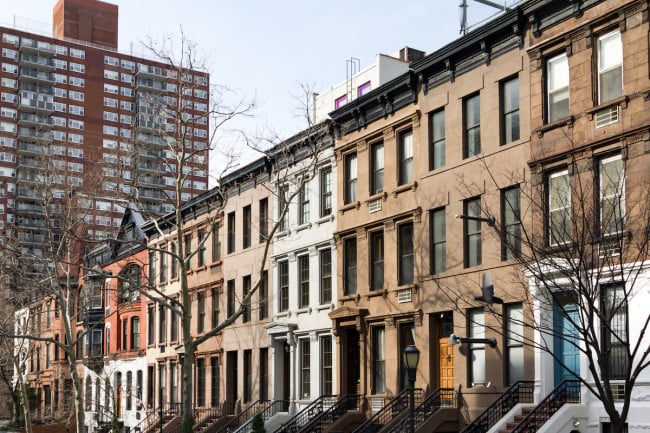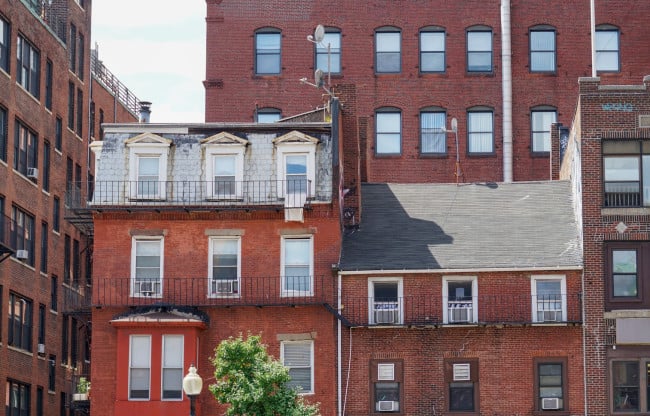What does it mean when a house is described as a 'mother/daughter'?
If you're in the market for a townhouse, you may have come across the term "mother/daughter" to describe some listings that have two living spaces or apartments, configurations that are more common in Brooklyn, Queens, or Long Island.
But what exactly does this mean—and how do these differ from "in-law" apartments, which seem very similar? Both terms imply a convenient arrangement of having family members living close, but not too close.
A mother/daughter is a house with two, fully-equipped apartments in a one-family house. One key feature of a mother/daughter house is that the apartments share a main entrance. (An in-law apartment is a similar arrangement that typically has separate entrances.)
Gianpaolo Manzolillo, an agent at Citi Habitats, notes that in a mother/daughter, the entrance may open into a common stairway, with one apartment up the stairs, and the other downstairs.
“Typically, a mother/daughter will have one entrance into a foyer of sorts. Then there will be separate access to the two apartments,” says Daniele Kurzweil, an agent with the Friedman Team at Compass.
The other important thing to know about mother/daughter situations is that it cannot be rented out—because legally, the house is a one-family. That's because the certificate of occupancy for the building classifies it as a single-family dwelling. (If the C of O is for a two- or multi-unit building, the house wouldn’t be referred to as a mother/daughter.)
“A two-family has separate entrances, and separate utilities,” says Craig L. Price, partner at Belkin Burden Wenig & Goldman. How do you know the utilities are separate? Each apartment has its own meter. This one of the reasons why some multi-family listings feature not-so-attractive photos of meters and water heaters in basements.
So, if you’re considering buying a house described as a mother/daughter and planning on financing your mortgage by renting the second apartment, you need to get a new certificate of occupancy to make the rental legal. Check out Brick Underground's "When do you need a new certificate of occupancy in NYC?"
You Might Also Like




























